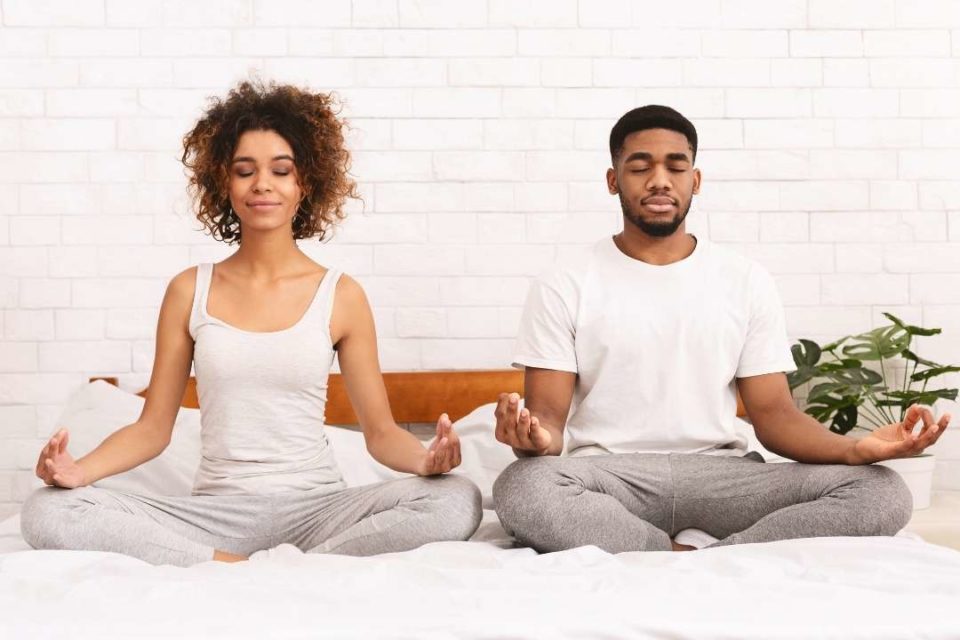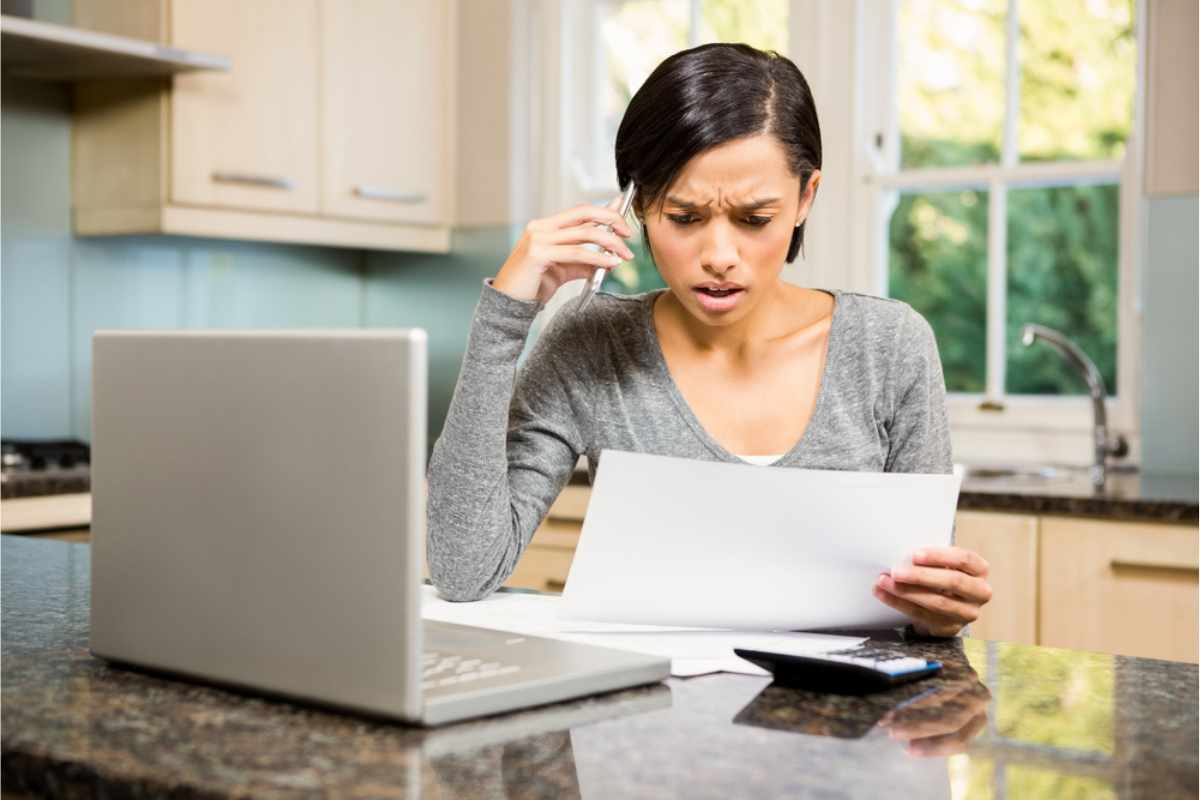September 22, 2014
7 Tools to Help You Cope with Anxiety
Written by Rachel Eddins
Posted in Anxiety and with tags:

We all experience anxiety from time to time.
Whether from life in general, school, work, or relationship problems, the list of causes can seem endless. There are many things we can do to help us cope when our anxiety begins to rise.
The following seven represent only a handful of the tools available to help you cope with anxiety:
1. Negative vs. Adaptive Thinking
Notice when negative thought patterns emerge and affect the decisions you make and the actions you take. Try to understand what drives these patterns and how they influence you.
Negative thinking brings about decisions and actions that prevent you from adapting to the circumstances. It often creates worrisome ideas and unrealistic concerns about what might happen which then become the basis for making decisions about what to do or how to behave.
Once negative thinking has been identified, replace it with healthier, more adaptive thinking. This involves becoming more realistic about worries and concerns, and taking control over what can be influenced and learning how to accept what is beyond your control.
Are worry and fear impacting your life? Take this quiz and find out if you have anxiety.
2. Relaxation
While routine exercise does wonders for your physical health and mental well-being, learning to relax offers untold benefits, too. Your body’s reaction to stress involves releasing chemicals that impact your perceptions and behavior.
Make time to avoid known stressors and allow relaxation to soothe away your worries and concerns of the past. Just as the stress response triggers biochemical changes, relaxation can also trigger the release of beneficial chemicals.
3. Yoga
While research still needs to be done to more fully understand the connection between the mind and body, it’s apparent that emotional health and physical health correlate.
Yoga is widely known to improve the mood and feelings of well-being.
It helps release stress, stretch tense muscles, and reduce anxiety.
4. Breathing Exercises
If yoga isn’t an option, try simple deep breathing exercises to help with relaxation.
These are easy to learn.
Done properly, slow, regular, deep breathing exercises offer body and mind an opportunity to relax in the absence of stressors.
Mindful meditation can also be a great way to cope with anxiety and learn how to let go of thoughts and worries.
5. Nutrition
Though your nutrition may not actually cause anxiety disorders or anxiety attacks, certain foods can make anxiety worse. Some foods, on the other hand, can help stave off anxiety.
Triggering foods generally include alcohol, caffeine, fattening and fried foods, refined sugars—all of which increase the risk for anxiety to make an entrance. Avoid coffee, candy, alcohol, and nicotine.
Helpful foods include those rich in protein and B vitamins, including eggs, chicken, pork, beef, leafy green veggies, nuts, rice, and citrus fruits. Whole grains are preferred over processed foods that might result in an initial sugar rush, but end with drowsiness and lethargy.
Foods high in Omega-3 fatty acids are beneficial for anxiety and depression. Fish commonly offer high Omega-3 content, including tuna, salmon, anchovies, and sardines. Seeds such as chia or flax seeds also contain Omega-3’s. Omega-3 is also commonly available in gelatin capsules.
6. Medications and Herbal Remedies
While medications cannot cure anxiety disorders, they can help manage them. Some antidepressants, particularly selective serotonin re-uptake inhibitors or serotonin-specific reuptake inhibitors (SSRIs), offer effective anti-anxiety benefits.
Several herbal remedies are also available to help cope with anxiety: St. John’s Wort, Chamomile, Passionflower, L-Theanine and Kava Kava. All offer sedative properties that aid in relaxation and can help you cope with anxiety.
7. Desensitizing (Exposure)
Face the fears or underlying issues that trigger your anxiety responses. Expose yourself to situations, emotions, people, or places that cause stress or anxiety.
Do it in manageable increments to desensitize yourself to those triggers and start with the least threatening first. Make a “triggers list” and plan to expose yourself to your triggers to help overcome uncomfortable or fearful reactions.
Start small and work up to more threatening triggers. Once you can tolerate exposure to less threatening situations, you might realize that it’s not as bad as you once thought.
This should encourage and embolden you to expose yourself to the next triggers on the list. Examples might include a co-worker or family member, a triggering environment such as a supermarket, flying, etc.
Use your other skills for coping with anxiety while practicing exposure.
Next Steps
Contact one of our Counselors if you or someone you know dealing with anxiety. Our therapists in Houston can help you or your loved one recover.
To get started now give us a call to schedule an appointment at 832-559-2622 or schedule an appointment online. We look forward to help you!
5 Ways to Reduce Anxiety
Get instant access to your free ebook.
Grounding & Self Soothing
Get instant access to your free ebook.
Create Healthier Thoughts & Feelings
Get instant access to your free ebook.
Why You Feel This Way
Get instant access to your free ebook.
















